A refraction test is the part of your eye exam that helps the eye doctor pinpoint the prescription you need for clear vision. […]
What Is Refraction in an Eye Exam?
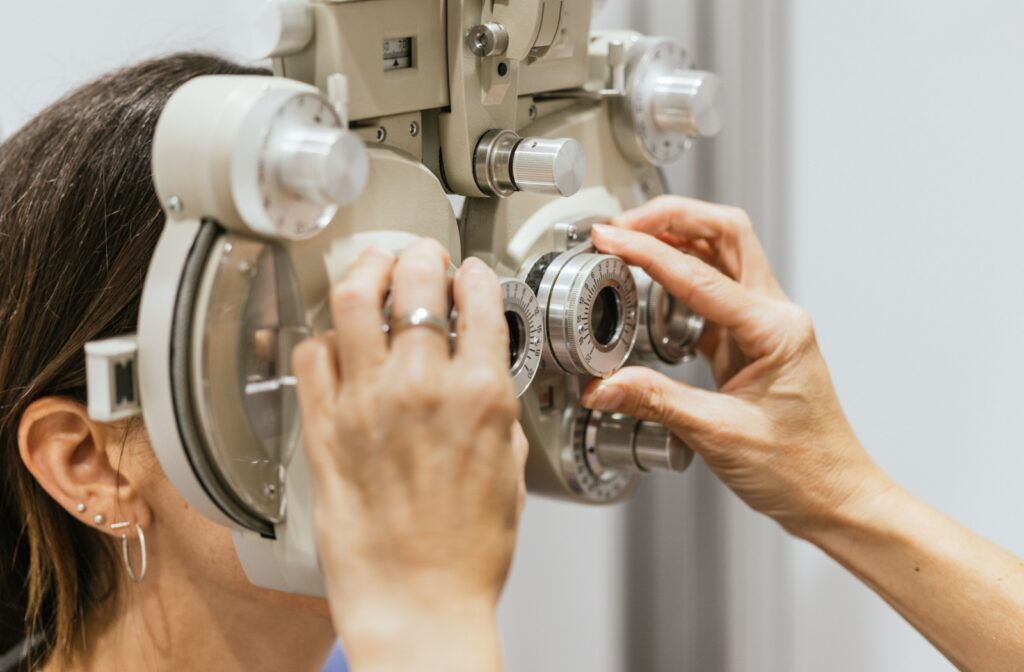
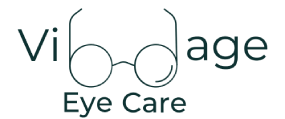


A refraction test is the part of your eye exam that helps the eye doctor pinpoint the prescription you need for clear vision. […]
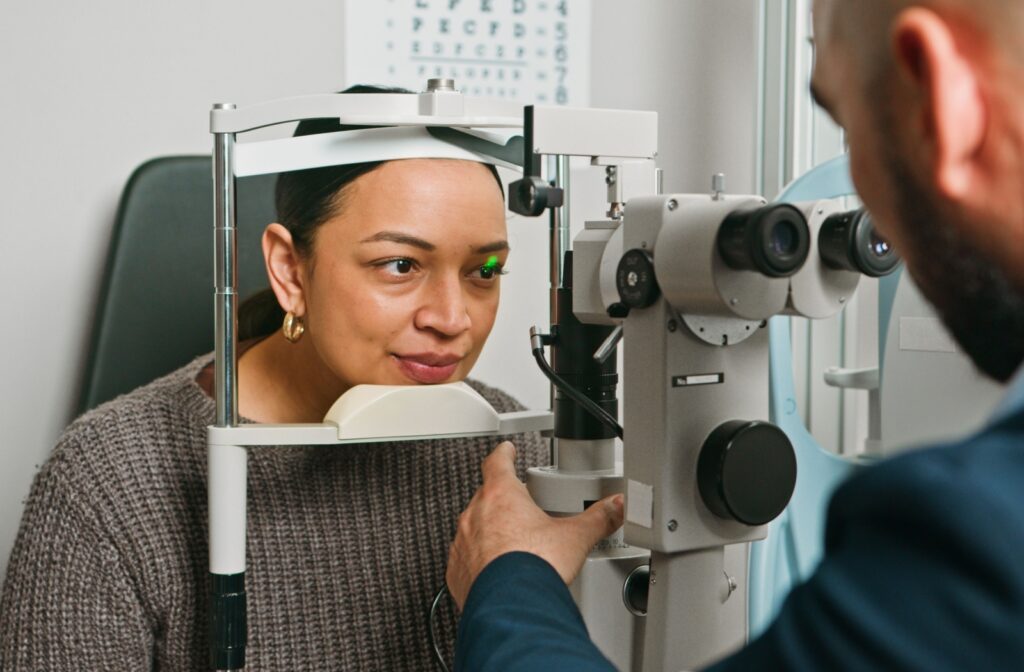
A comprehensive eye exam is a complete evaluation of your vision and the health of your eyes, and it goes far beyond a basic screening. […]

While the only way to know for sure whether you need glasses is with an eye exam, certain everyday symptoms can signal that you may benefit. […]

The key to good frames is choosing a pair that creates a pleasing contrast with the shape of your face. […]
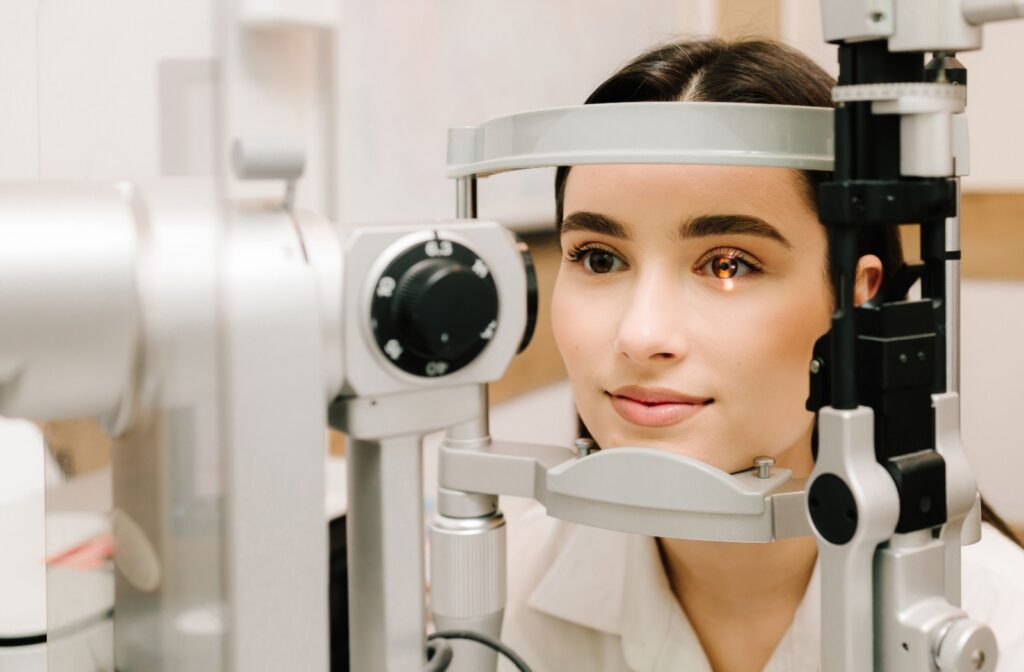
A thorough eye test can reveal how well your eyes are functioning, whether your vision has changed, and whether you’re showing signs of eye diseases. […]

While they’re not a direct cause of headaches, cataracts can impact how your eyes and brain process visual information, sometimes leading to strain or tension. […]
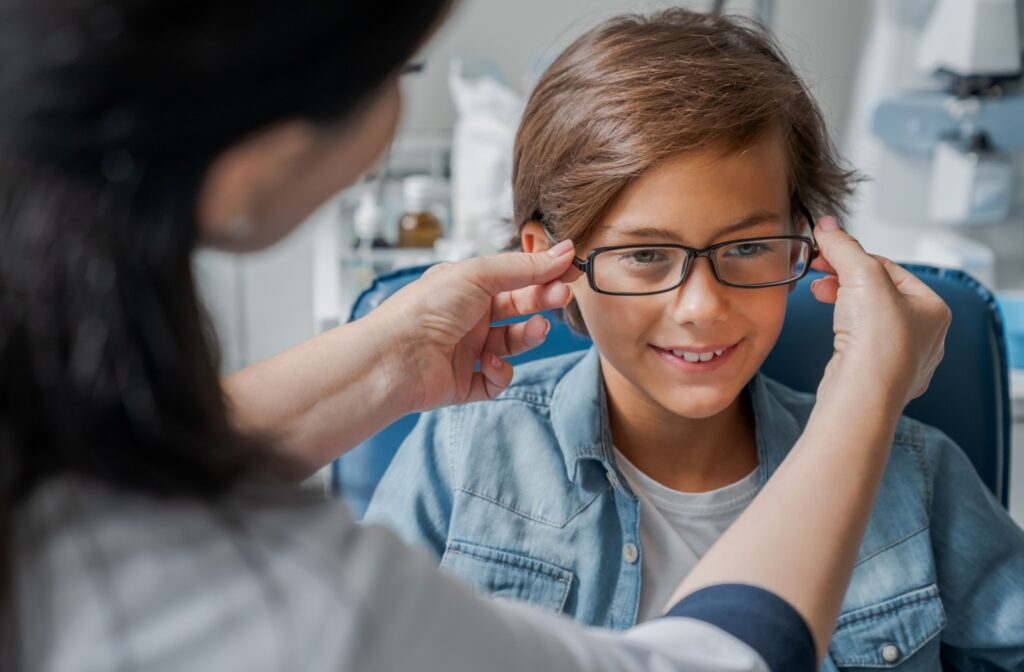
Unfortunately, myopia does not typically improve with age. It may, however, stabilize in early adulthood and can be managed effectively with the right care. […]
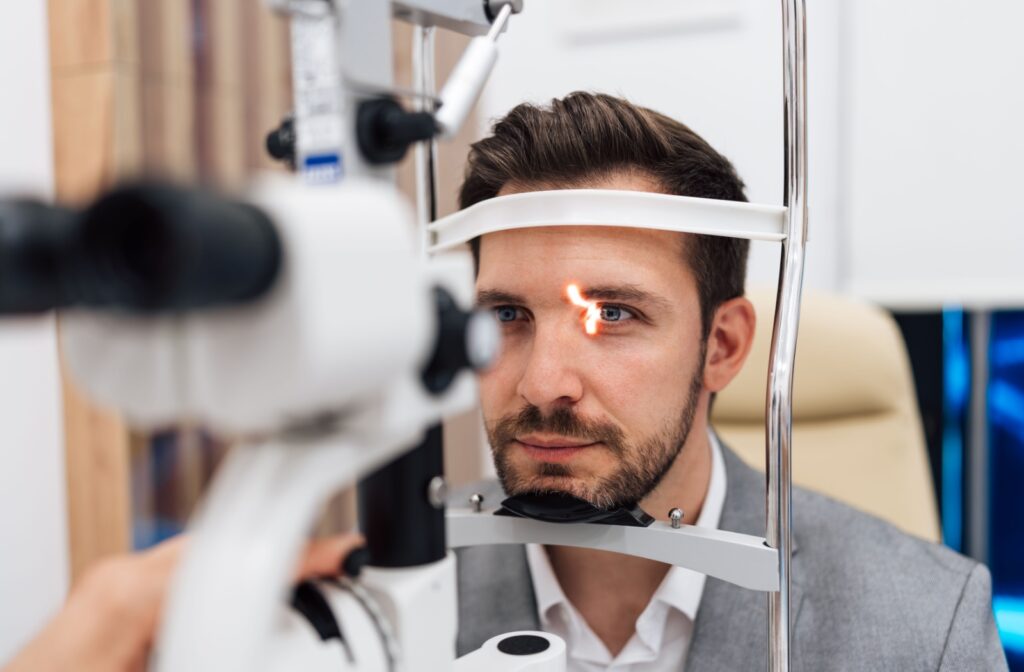
A typical eye exam takes about 30 to 60 minutes and provides important insight into both your vision and your overall health. […]

A sinus infection can sometimes cause conjunctivitis, or pink eye, due to the close connection between the sinuses and the eyes. […]

While some diagnostic tools like MRIs or X-rays are approached with caution during pregnancy, the good news is that getting an eye exam is completely safe—and often recommended. […]


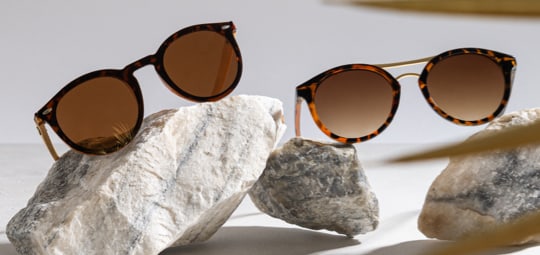
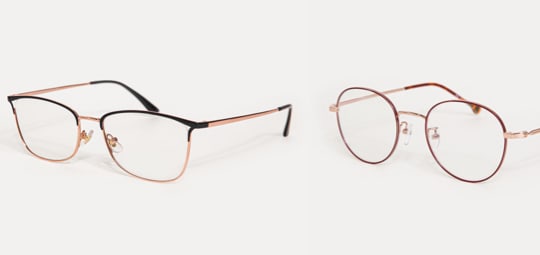


The Village Eye Care is conveniently located in Surprise, Arizona.
